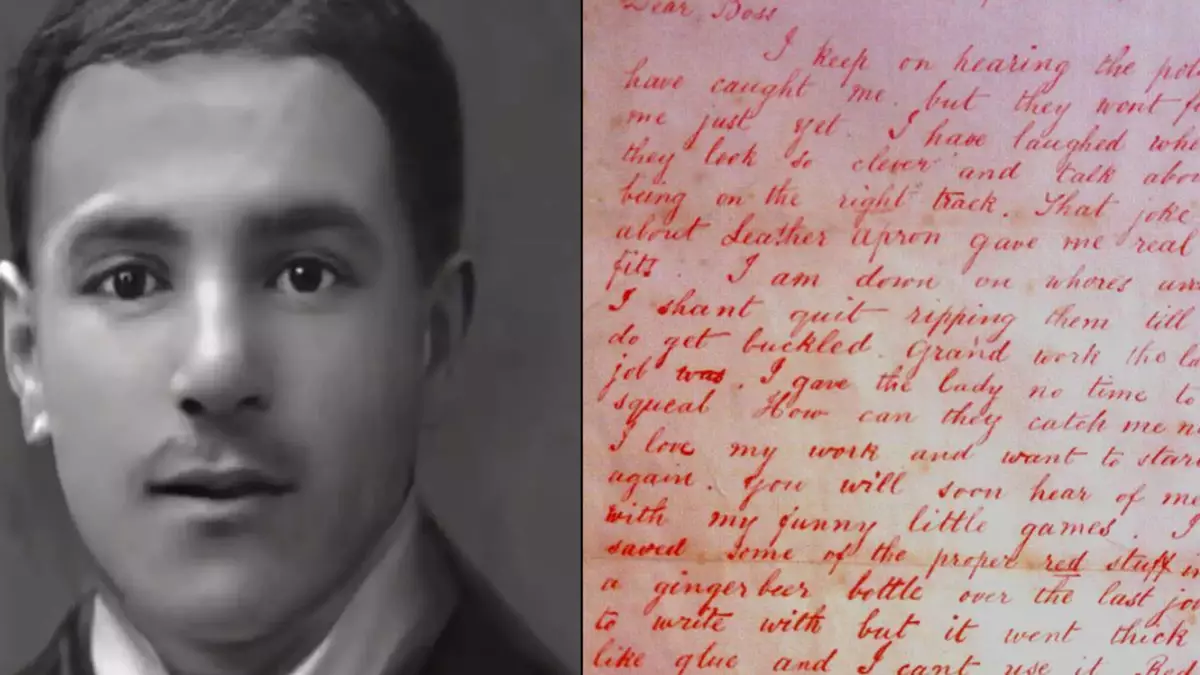In this week’s Staff Picks, TV Writer Saloni Gajjar and Film Editor Jacob Oller offer a little light and dark, with recommendations for a new streaming comedy and a chance to participate in Noirvember.
The Pradeeps Of Pittsburgh (Prime Video)
There’s a chance the trailer for Prime Video’s The Pradeeps Of Pittsburgh will make you cringe like I did. Despite my excitement at seeing Lost’s Naveen Andrews and British stand-up star Sindhu Vee in a comedy, the footage is laden with clichés as the central Indian family arrives in the U.S. decked in traditional garb and with heavy accents.
At first glance, a comedy about Asian immigrants trying to fit in while standing out feels like a blend of Kim’s Convenience, Fresh Off The Boat, and Never Have I Ever. And it’s partly true. Series creator Vijal Patel relies on certain stereotypes to frame his lens. So, yes, Mahesh Pradeep (Andrews), his wife Sudha (Vee), and their three children are initially one-note, giving the impression that their banter, attire, and philosophy are designed to appease the white gaze. Thankfully, Patel has other tricks up his sleeve.
The Pradeeps Of Pittsburgh balances its flaws with a sufficiently sweet, engaging, and easy-to-digest narrative. It digs into the hardships of assimilation through a lighthearted, if not exaggerated tone. There’s always an underlying warmth, especially in Mahesh and Sudha’s relationship. Achieving this is possible only because Patel culls loosely from his real experiences, lending a specific honesty to the conventional characters. Don’t be fooled by appearances or possibly that trailer because this show has its heart in the right place.
I’m especially glad that Andrews revels in this distinctly non-Sayid (or even non-The Dropout) role. He plays the sanguine Mahesh, who earns a SpaceX contract and hastily relocates his family. His no-nonsense wife is forced to give up a successful medical career and his children have to start over at a new school in a new country, but Mahesh is certain everyone will land on their feet. He doesn’t expect their new neighbor will leave five dead rabbits on their doorstep on day one. (A plot point straight out of Patel’s life). This kicks off an infrequent rivalry between the Pradeeps and the Mills that becomes the basis of the series.
The eight episodes are structured as a USCIS interrogation, with two officers (played by Pete Holmes and Romy Rosemont) questioning the Pradeeps about the Mills’ home burning down. This whodunit angle is fine, but it allows each family member to reflect on how they’ve evolved since the move. A formulaic approach notwithstanding (or the fact that it should’ve been set in the ‘90s), The Pradeeps Of Pittsburgh is breezy and nostalgic. Just be ready for some drama because, as Sudha says in the premiere, “In India when you tell a story, you always add a little masala.” Trust me, she’s right.
The Face Behind The Mask (Criterion/YouTube)
From October forward, I like to theme my movie months, going from horror to film noir to Christmas (which helps to balance out the end-of-year awards season deluge). Right now, I’m in the heart of Noirvember, the monthly celebration of all things shadowy, droll, and hardboiled, kicked off by critic Marya E. Gates. While there are plenty of classics in the German Expressionist spotlight this month, I tend to follow a basic formula for finding my next watch: What’s the shortest movie on offer that I haven’t heard of? That’s where I found Robert Florey’s The Face Behind The Mask, a Peter Lorre crime tragedy clocking in at a glorious 68 minutes.
Both available on The Criterion Channel and on YouTube (if you don’t mind a bit of grain with your noir), The Face Behind The Mask comes from the filmmaker who made the Bela Lugosi Murders In The Rue Morgue that Robert Eggers just put in a 24 Hours Of Horror marathon, and it’s filled with the same kind of stylish strangeness. Lorre, set up in a rare good-hearted hero role, plays a fresh-off-the-boat Hungarian whose first day in New York ends in a literally face-melting hotel fire. This, of course, ruins the sweet little guy’s hopes and dreams (because Americans are shallow monsters) and sets him on a path of crime.
It’s Lorre, so his eventual turn towards brooding creepiness is never surprising, but the film’s power lies in how he gets there. Poverty and desperation, hunger and sickness—these are as nasty and inescapable as Lorre’s harrowing burn makeup. The atmosphere isn’t just mean, like so many noirs, but hungry and shoved to the fringe of society. Folks are sleeping in junkyard cars. People are named things like Dinky. It allows Lorre—often covered in smooth, uncanny makeup mimicking a latex mask of his own face—to tap into a vulnerability and sadness that comes as naturally as his often-caricatured sliminess. It probably helps that the script was specifically written for him, also a Hungarian immigrant.
This preoccupation with otherness gives the Columbia film a bit of that Universal monster flavor, where the tragic creature only ever wants love. There’s also a blind love interest (Evelyn Keyes) who echoes Bride Of Frankenstein’s tolerant, accepting hermit. Alas, just like those monsters, things end badly for Lorre’s gangster, his lover, and pretty much everyone else. The Face Behind The Mask ends with a few nasty bangs, as vicious a noir ending as any, and zipping along with uncommon efficiency. Not a bad way to spend an hour on a chilly autumn evening. [Jacob Oller]




















 English (US) ·
English (US) ·